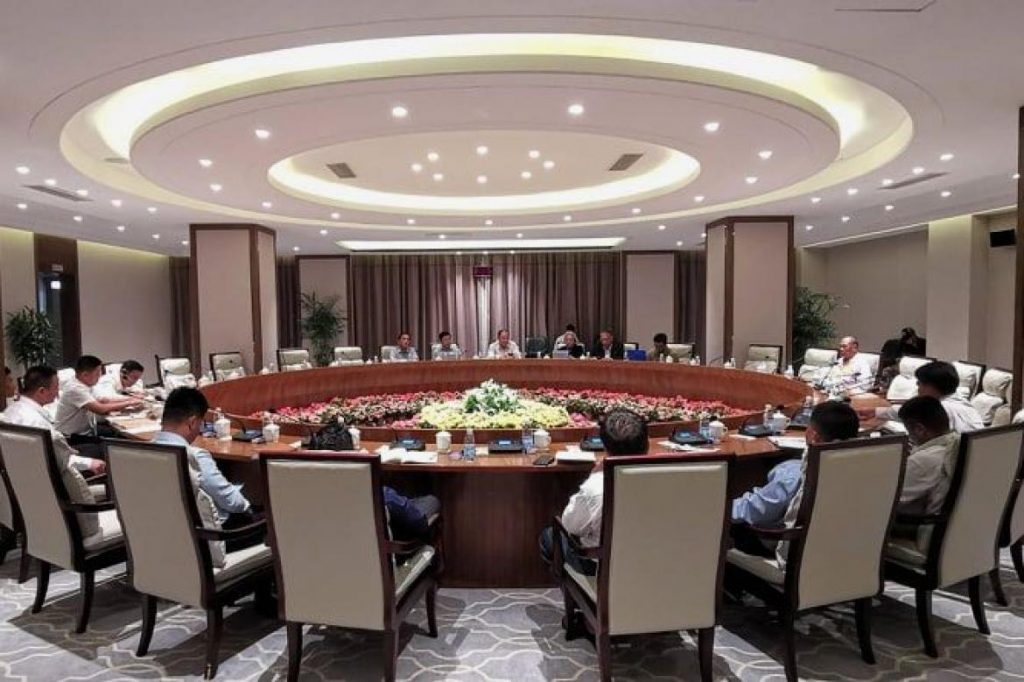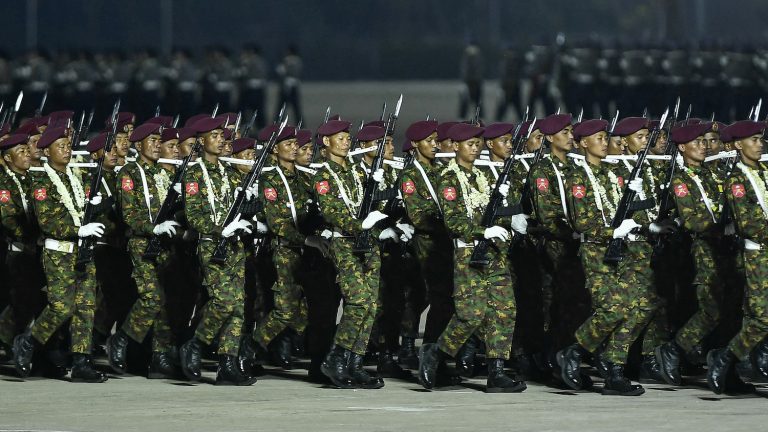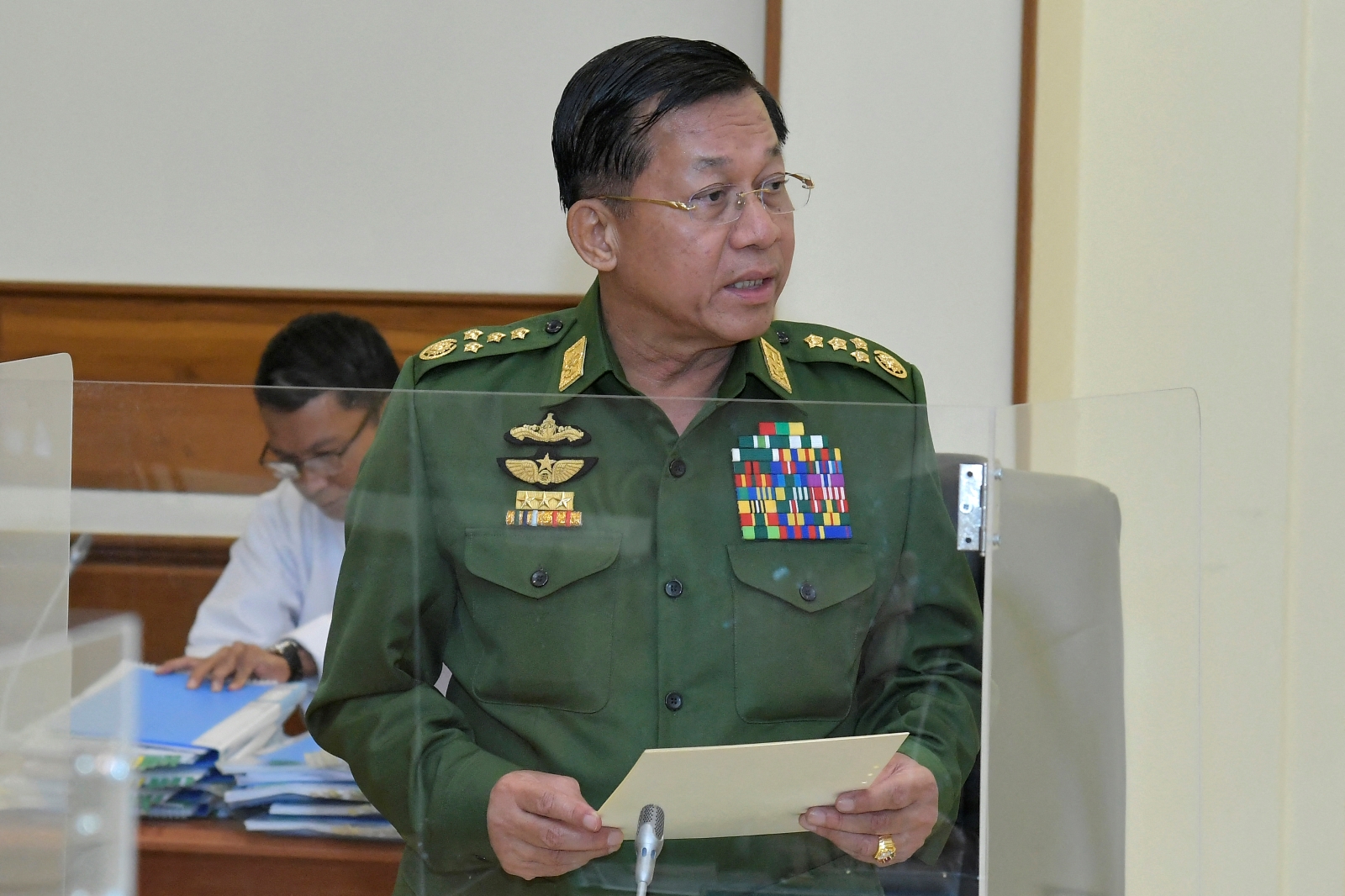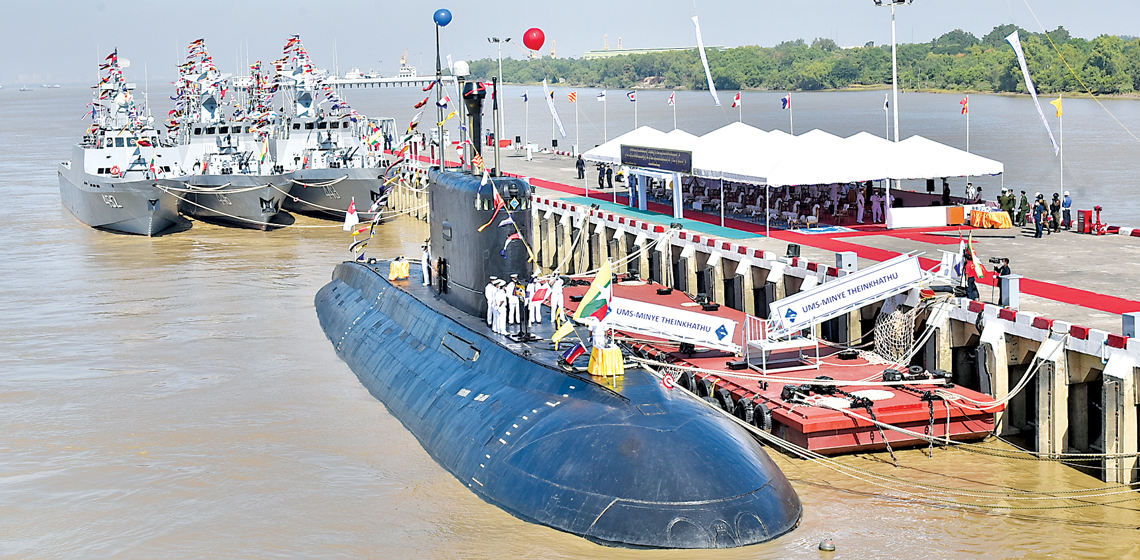By YE MON | FRONTIER
YANGON — The Tatmadaw expects to sign bilateral ceasefires with several ethnic armed groups in the next two months, a senior official said, as the military announced a second extension to its unilateral ceasefire in northern Myanmar.
The ceasefire, which was first announced on December 21, 2018, had been due to expire on Sunday but was extended till August 31.
The Tatmadaw said the extension was “in keeping with the expectations of the local ethnic people for peace, and so that all organisations involved in the peace process have the confidence to take it forward, with greater efforts”.
The announcement came after a delegation from the government’s National Reconciliation and Peace Centre met representatives of Northern Alliance armed groups in the Mongla special region of Shan State on Sunday.
Support more independent journalism like this. Sign up to be a Frontier member.
Brigadier-General Zaw Min Tun, secretary of the Tatmadaw True News Information Team, told Frontier that the military expects to sign bilateral ceasefire agreements with the groups before August 31.
He said the unilateral ceasefire, which covers regional commands in Kachin and Shan states, had reduced conflict and supported the peace process. It had also enabled the resettlement of some of the more than 100,000 people displaced by conflict in Kachin and Shan states, he said.
“During the past six months there were no clashes with ethnic armed groups,” Zaw Min Tun said.
The Mongla meeting was attended by representatives of the Kachin Independence Army, the Ta’ang National Liberation Army, the Arakan Army and the Myanmar National Democratic Alliance Army. Senior officials from the National Democratic Alliance Army, which controls the Mongla enclave, and the Shan State Army-North attended as observers. The latter two groups are not part of the Northern Alliance.
At Sunday’s talks, the government delegation presented a second draft of a bilateral ceasefire agreement to the groups, who would each sign similar versions of the document, and proposed holding another meeting in the third week of July.
The armed groups had proposed the draft bilateral ceasefire to the government at talks in Muse, northern Shan State, on April 30. Following that meeting, the military extended its unilateral ceasefire by two months, from April 30 to June 30.
U Hla Maung Shwe, a member of the government’s Peace Commission who attended the Mongla meeting, told Frontier that the next meeting should take place “as soon as possible”.
“We want to meet with the groups once they’ve had a chance to discuss the draft ceasefire among themselves,” he said. “The government also needs to discuss the draft further.”
Zaw Min Tun, the military spokesperson, said the Tatmadaw has already discussed the draft ceasefire with the government and progress towards signing the agreement would depend on the outcome of future negotiations with the ethnic armed groups.







